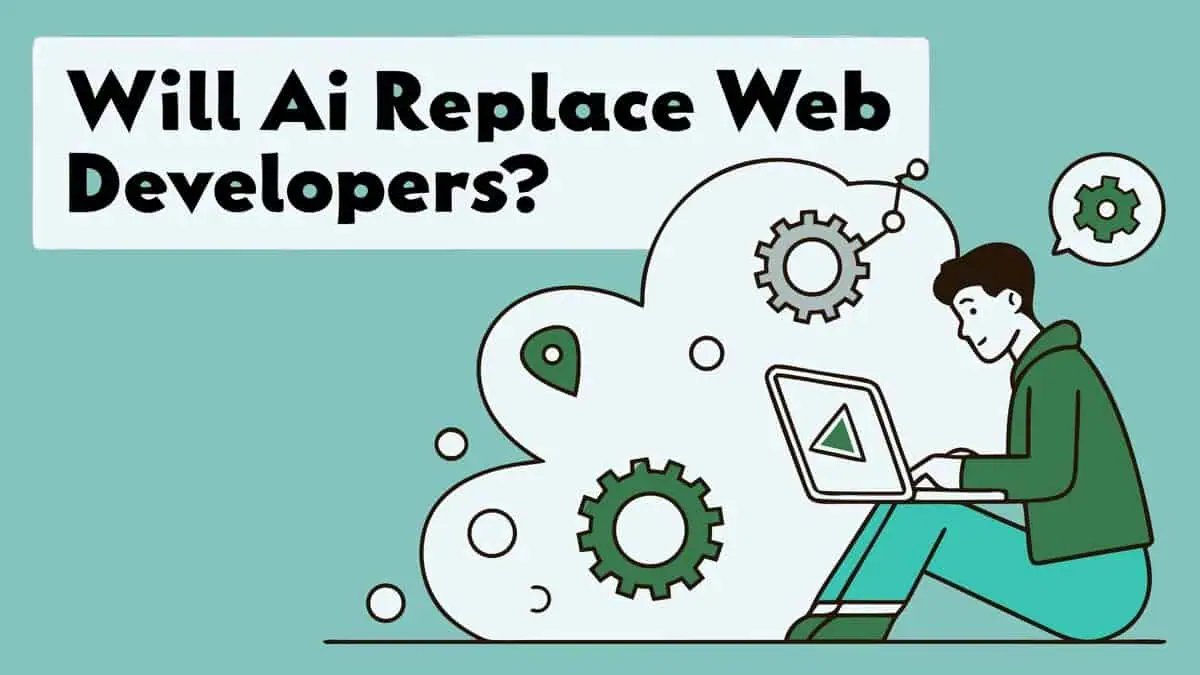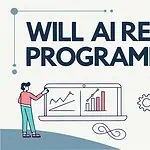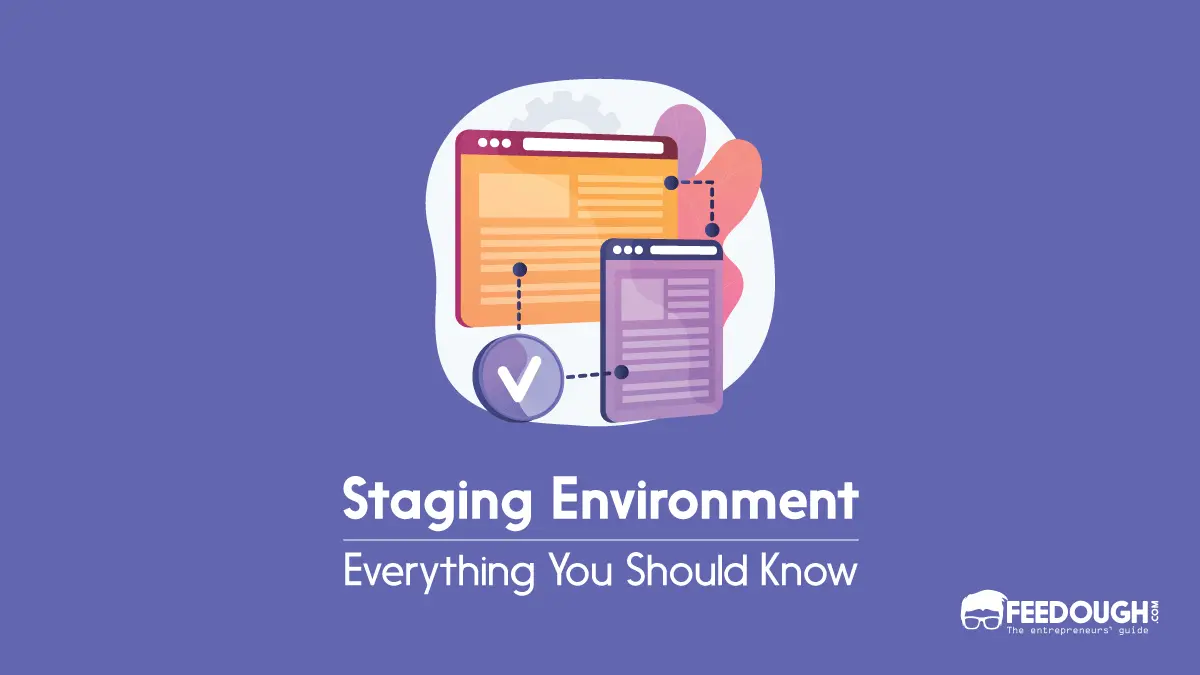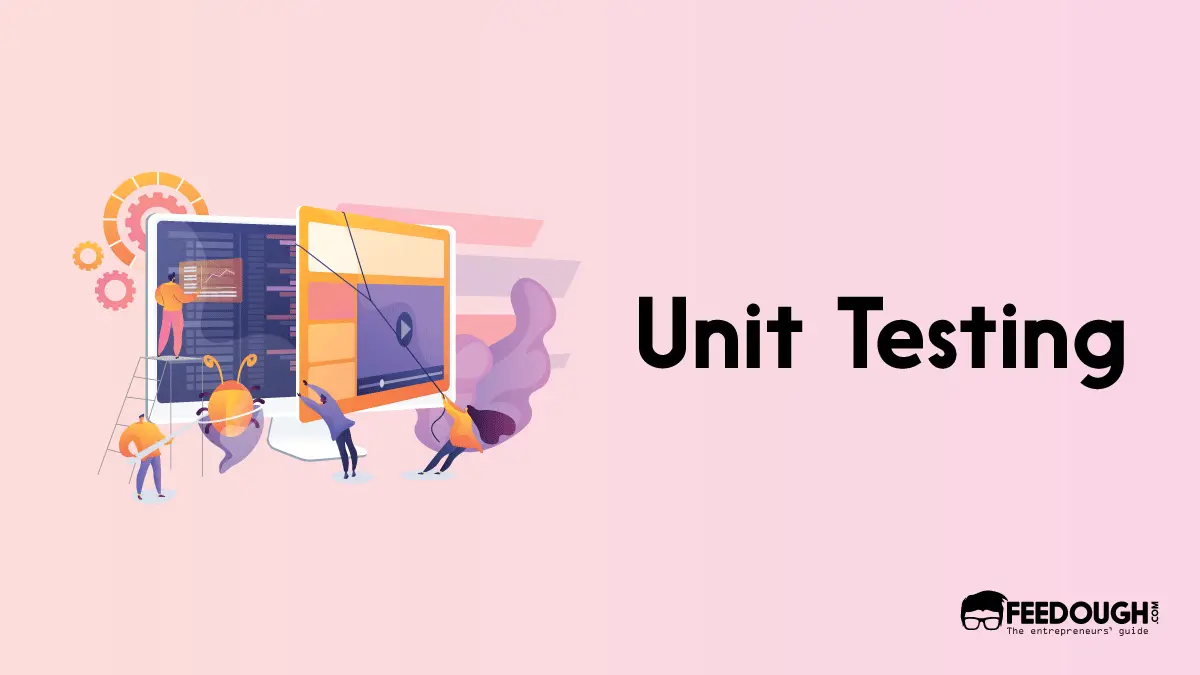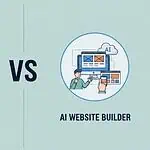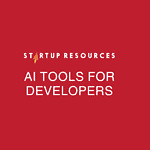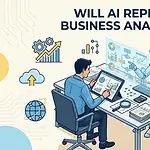You’ve seen it. AI writes code in seconds that used to take hours. ChatGPT debugs your CSS. GitHub Copilot autocompletes entire functions before you finish typing. And somewhere in the back of your mind, a question nags: “Am I next?”
Here’s the thing. This isn’t the first time technology threatened to wipe out web developers. Remember WYSIWYG editors? Drag-and-drop website builders? WordPress templates that promised anyone could build a site without touching code?
Developers are still here.
But AI feels different. It’s faster. Smarter. Actually useful. So let’s figure out what’s really happening. We’ll look at where web development has been, what AI can actually do right now, and whether your job is about to get automated or just… different.
How Web Development Got Here
The 1990s: Static HTML and Tables
Websites were basically digital brochures. You wrote HTML by hand, used tables to create layouts (yes, really), and changed text colours to feel fancy. Every update meant manually editing files and uploading them via FTP.
The 2000s: CSS, JavaScript, and Dynamic Web
The web got interactive. CSS separated design from content, JavaScript made pages respond to clicks, and AJAX let websites update without refreshing. Suddenly you could build actual applications, not just pages. Dreamweaver and similar tools promised anyone could build websites without coding. Sound familiar?
The 2010s: Responsive Design and Frameworks
Mobile exploded. Developers scrambled to make sites work on screens of every size. Frameworks like React, Angular, and Vue arrived to tame JavaScript’s chaos. Bootstrap made responsive layouts less painful. Each tool supposedly made things “easier,” but you still needed developers who understood what was happening under the hood.
The 2020s: AI Enters the Picture
Now AI can generate code, design layouts, and even debug. It feels different this time because the tech actually works pretty well. But here’s what history shows: tools that automate parts of development don’t kill the profession. They shift what developers spend their time on.
Where Web Development Stands in 2025
Let’s look at the actual numbers. The web development market is sitting at $80.60 billion in 2025, and it’s projected to hit $125.40 billion by 2030. That’s not a dying field.
The Developer Population Keeps Growing
According to the 2025 Stack Overflow Developer Survey, 69% of developers spent time last year learning new coding techniques or languages. That’s not what happens in a shrinking profession. People don’t invest in learning skills that won’t pay off.
The developer market continues to expand. Companies are hiring across all experience levels, from junior developers building their first projects to senior engineers architecting complex systems. The demand isn’t slowing down because websites and applications keep getting more sophisticated, not simpler.
The Tech Stack Is Evolving, Not Shrinking
Here’s what’s interesting. Developers now use an average of 6 or more tools to do their jobs. The stack isn’t simplifying. It’s getting more complex, which means more things to know and manage.
React still dominates frontend work, especially with Next.js. Developers are learning new frameworks like Svelte and exploring different backend options. The landscape is expanding, not consolidating.
How AI Is Changing Web Development
Here’s what makes this moment different from past “threats” to web developers: the speed of adoption is staggering.
According to the 2025 Stack Overflow survey, 76% of professional developers now use AI coding tools. That number jumps to 82% among early career developers. This isn’t some niche experiment anymore.
GitHub Copilot and Code Assistants Take Over
GitHub Copilot crossed 15 million active users in early 2025. That’s a 400% increase in just 12 months. The tool went from interesting novelty to essential workflow faster than most technologies achieve mainstream adoption.
But Copilot isn’t alone. AI-powered IDEs like Cursor, Replit, and V0 are building entire interfaces around AI assistance. These aren’t add-ons. They’re reimagining how developers interact with code from the ground up.
The Productivity Question
What’s driving this adoption? Real productivity gains.
AI coding assistants deliver 20-55% productivity gains according to internal Microsoft data, with AI contributing to 30% of code written inside the company. That’s not theoretical. That’s measurable output increase.
The thing is, these tools aren’t replacing developers. They’re changing what developers spend their time on. Less boilerplate. Less syntax lookup. More architecture decisions and problem-solving.
How Non-Developers Are Building Websites Without Code
Something interesting happened while developers were getting more productive with AI. People without any coding background started building their own websites.
They’re called “citizen developers.” According to Congruence Market Insights, North America is leading this movement, powered by AI development platforms that let non-technical folks create actual functioning websites.
These aren’t people who went to coding bootcamps or studied computer science. They’re business analysts, designers, and entrepreneurs who needed a website and decided to just… make it themselves.
The thing is, they’re not writing code in the traditional sense. They’re describing what they want, and AI generates it.
What Is Vibe Coding?
That approach has a name: vibe coding. You tell an AI the vibe you’re going for, and it writes the code.
Here’s how it actually works. You open a platform like Replit or Lovable and type something like “I need a portfolio website with a contact form and image gallery.” The AI generates the code in real languages like React or Next.js. You can tweak things by chatting back and forth. “Make the header bigger.” “Change the colour to blue.” The code updates in real time.
According to Nucamp’s analysis, by 2030, vibe coding could automate 80% of repetitive coding tasks. Projects that took months might take weeks. You’re not overthinking this, but those are some pretty bold productivity claims.
What’s interesting is that you can export the generated code and manage it through GitHub like any standard project. So it’s not just throwing something together that only works inside one platform. The code is real.
Vibe Coding vs Traditional Web Development
Vibe coding wins on speed. You can go from idea to working prototype in hours instead of weeks. That’s huge for testing concepts or building simple landing pages. But here’s where things get messy.
The code quality isn’t what you’d want in production. AI generates what works, not what’s maintainable. You end up with bloated files, repeated logic, and structures that make sense to the AI but confuse human developers later. Think of it like building a house with duct tape. It holds together until you need to add a second floor.
Can Vibe Coding Replace Professional Developers?
Let’s be straight about what vibe coding actually does well. It’s fantastic for MVPs, portfolio sites, and internal tools that five people will use. You need a simple booking form or a product showcase? Vibe coding handles that beautifully.
Where It Falls Short
But ask it to build a multi-tenant SaaS platform with role-based permissions, and you’re in trouble. Custom business logic, complex data relationships, and performance optimisation still need human developers who understand the why behind the code.
Real example: You’re building a healthcare app that needs HIPAA compliance. Vibe coding might generate a login system, but it won’t understand encryption requirements, audit logging, or data retention policies. A human developer knows to ask about these before writing a single line.
The realistic answer? Vibe coding replaces the tedious parts of development. It won’t replace the developers who architect systems, debug production issues at 2 AM, or translate messy business requirements into clean solutions. It’s a power tool, not a replacement for the person holding it.
Skills AI Cannot Replace
AI can write code, but it can’t decide what to build. That’s the line in the sand.
1. System Architecture and Design Decisions
When you’re architecting a system, you’re making tradeoffs. Should you prioritise speed or consistency? Monolith or microservices? SQL or NoSQL? These decisions ripple through your entire product. AI tools suggest patterns, but they don’t understand your business constraints, team size, or future growth plans. You’re weighing factors that don’t fit into a training dataset.
Say you’re building a social platform. AI might generate a database schema, but it won’t know that your team of three can’t maintain a complex microservices setup. It won’t factor in that your users are mostly in regions with spotty internet, so you need aggressive caching strategies. Those calls require context AI doesn’t have.
2. Business Logic and Problem-Solving
Complex business rules don’t come with clear specifications. You’re often interpreting vague requirements from stakeholders who aren’t sure what they want. When a product manager says “make the pricing flexible,” you’re the one figuring out what that actually means in code. Do they want tiered pricing? Volume discounts? Regional adjustments? AI can’t read between the lines or ask clarifying questions that matter.
3. User Experience and Creative Judgment
AI can’t decide if a feature feels intuitive or clunky. It can’t tell you that a technically correct implementation frustrates users because it requires too many clicks. You’re the one who understands that people hate waiting, even if the code runs efficiently. This kind of judgment comes from understanding human behaviour, not pattern recognition.
4. Code Review and Quality Assurance
Reviewing code isn’t just about syntax errors. You’re catching logical flaws, spotting performance bottlenecks, and identifying maintainability issues. When you see a function that technically works but will confuse every developer who touches it next month, that’s human judgment. AI can flag style violations, but it can’t tell you that this approach will create technical debt you’ll regret in six months.
The Dead Internet Theory
It’s the idea that most of what you see online isn’t created by real people anymore. Just bots talking to bots, AI churning out content for other AI to consume.
And it’s not entirely conspiracy theory. Bot traffic makes up a substantial portion of internet activity now. When you add legitimate bots into the mix, over half of what’s happening online isn’t human.
The content side is even more striking. AI-generated articles have been steadily increasing, and they’re now competing with human-written ones for prominence. That’s just what we can detect. Plenty of “human-written” content is actually AI-drafted and lightly edited.
What does this mean for web development? If the internet becomes a bot playground, who are you building websites for?
The Future: Superapps and Centralised Internet Access
Now picture this: the open web as we know it gets replaced by superapps. Think WeChat in China, where you don’t browse websites anymore. You chat, shop, pay bills, book appointments, and consume content all within one giant app.
In that world, traditional web development changes completely. You’re not building standalone sites hoping someone finds them through search. You’re building mini-programs that live inside someone else’s ecosystem.
Combine that with the bot-dominated internet we just talked about, and you get a strange scenario. Maybe AI agents handle most of the routine web interactions. They parse information, compare prices, fill out forms, and make decisions. The websites still need to exist for them to access, but they’re not designed for human eyes anymore.
This isn’t science fiction. We’re already seeing it happen. More users access information through AI chatbots than by clicking links. The shift is underway.
The Verdict: Will AI Replace Web Developers?
So here’s the answer you’ve been waiting for: No, AI won’t replace web developers. But the job is already changing.
AI augments your work. It speeds up the boring parts. It generates starter code. It suggests solutions you might not have considered. But it doesn’t understand your user’s specific needs. It can’t navigate the messy politics of stakeholder meetings. It won’t push back when a client wants something that’ll tank their conversion rate.
The work shifts from writing every line of code by hand to orchestrating systems, making strategic decisions, and solving problems that don’t have template solutions. You become more of an architect and less of a brick-layer. That’s not a downgrade, that’s evolution.
Want to future-proof yourself? Focus on the skills AI can’t touch: understanding user psychology, communicating technical concepts to non-technical people, making strategic product decisions, and building relationships with clients and teammates.
The internet might be changing. The tools might be changing. But the need for humans who understand both technology and people? That’s not going anywhere.
AI is your coworker, not your replacement. Learn to work with it, and you’ll be building the future instead of worrying about it.
A startup consultant, digital marketer, traveller, and philomath. Aashish has worked with over 20 startups and successfully helped them ideate, raise money, and succeed. When not working, he can be found hiking, camping, and stargazing.
